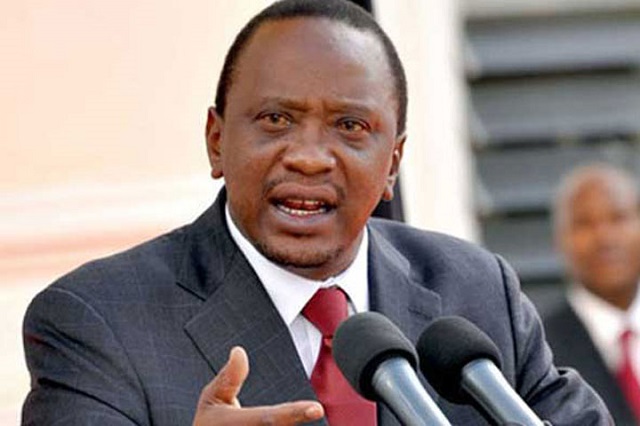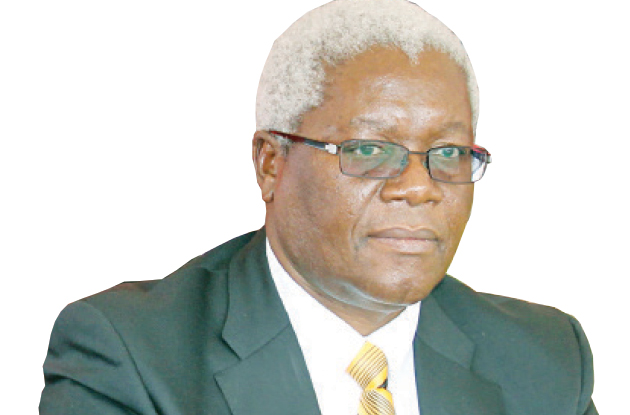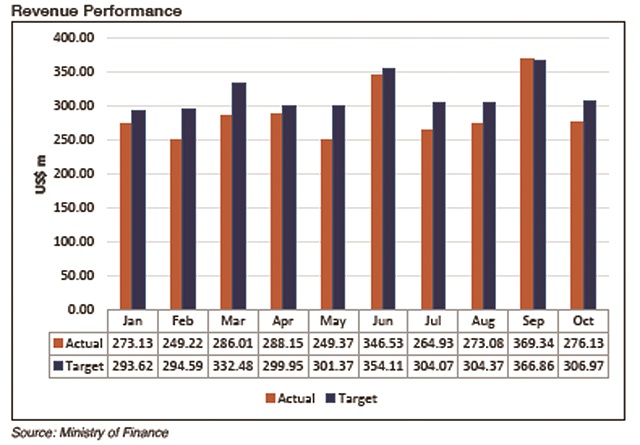Kenyatta blasts ICC for not being impartial

Nairobi — Kenya’s president on Monday criticised the International Criminal Court as “not impartial”, saying his government “will give serious thought” to its membership of the court.
In a speech during celebrations marking 53 years since Kenya became independent, President Uhuru Kenyatta said he believed he would win a second term next year despite what he called “divisive politicians, external powers, the ICC or paid protesters”.
Kenyatta was elected in 2013 as he and his running mate, William Ruto, faced criminal charges at the ICC over their alleged roles in post-election violence in 2007-2008.
The charges against Kenyatta were withdrawn in 2014 while the case against Ruto was terminated earlier this year.
“In our pursuit of a more stable and just order, we are champions of global institutions grounded in fairness and respect for national sovereignty,” Kenyatta said Monday.
“The Kenyan cases at the International Criminal Court have ended but the experience has given us cause to observe that this institution has become a tool of global power politics and not the justice it was built to dispense.”
He added: “We have started to see many more nations openly recognising that the ICC is not impartial. Some have withdrawn. Others have considered that step. Twice, our parliament has passed motions to withdraw. We have sought the changes that will align the ICC to respect national sovereignty. Those changes have not been forthcoming. We will therefore need to give serious thought to our membership.”
Meanwhile, Kenyan police fired tear gas on Monday to disperse a protest march against government corruption.
The march was part of a protest movement by activists who want the government to do more to stem what they charge is rampant graft within the administration.
Police arrested at least three protesters in the capital, Nairobi, when they broke up the demonstration. The group later reunited at another location and resumed the march.
Kenya is considered to be among the world’s most corrupt countries, ranking 139 out of 168 countries in a 2015 index by Transparency International.
African nations have long felt they are unfairly targeted by The Hague-based court, and the current exodus began when Burundi in October voted to leave the ICC, after the court’s prosecutor said she might open a case against the government.
South Africa and The Gambia quickly followed suit, raising fears of mass defections from the continent.
The tribunal opened in 2002 in The Hague as a court of last resort to try the world’s worst crimes where national courts are unable or unwilling to act.
Currently nine out of the 10 ICC investigations are in African countries. The other is in Georgia.
However experts point out that many of the current investigations — in the Central African Republic, Uganda, Mali and the Democratic Republic of Congo — were referred to the ICC by the governments of those states.
Cases in Libya and the Sudanese region of Darfur were referred by the UN Security Council. Only in Kenya and Cote d’Ivoire did the ICC’s prosecutor initiate investigations.
Kenya was actually the first country to hold a vote to leave the court in 2013 with a symbolic motion in parliament which was never formalised.
Kenya’s 2007 elections were marred by allegations of vote rigging, but what began as political riots quickly turned into ethnic killings and reprisal attacks, plunging Kenya into its worst wave of violence since independence in 1963.
Kenyatta and Ruto were fierce rivals in the 2007 vote, but teamed up in peaceful 2013 polls. — AFP










Comments